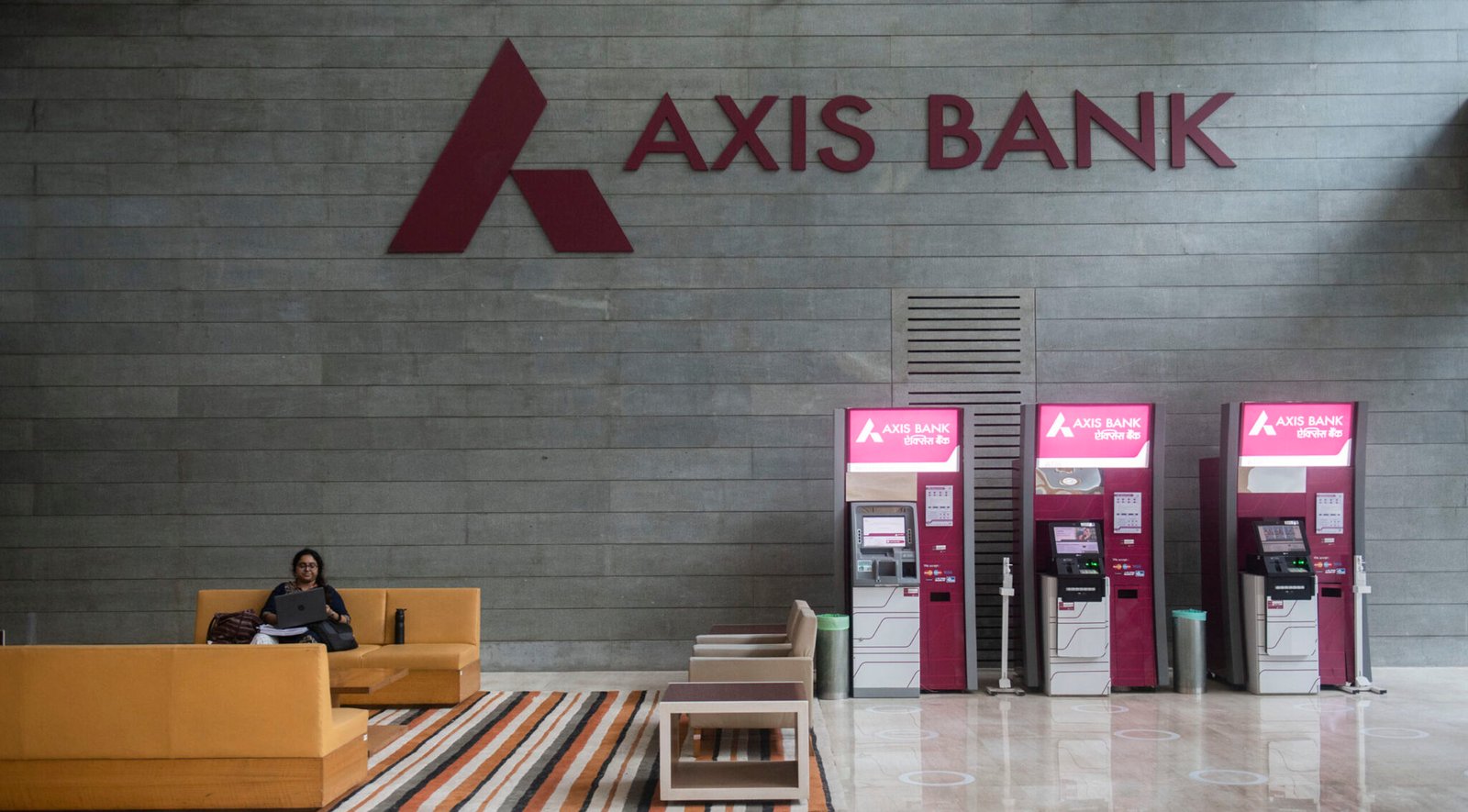A 63-year-old resident of Hyderabad became the latest victim in a series of elaborate cyber fraud schemes when he lost Rs 43 lakh to conmen posing as representatives of “Axis Bank Security.” The fraud, which unfolded over 20 days, involved fabricated promises of lucrative initial public offering (IPO) allotments and manipulated dashboards designed to mimic legitimate financial platforms.
A Fraud Built on Trust and Technology
According to police officials, the victim was first approached via WhatsApp, where messages resembling official bank communications assured him of access to high-demand IPO allotments. Persuaded by convincing language, branded visuals, and the perceived authority of the Axis Bank name, the man proceeded to transfer Rs 43 lakh in four separate transactions.
Final Call: Be DPDP Act Ready with FCRF’s Certified Data Protection Officer Program
Investigators revealed that the fraudsters deployed a sophisticated digital infrastructure. A fake trading dashboard displayed inflated profits, creating an illusion of credibility. When the victim hesitated, the scammers introduced a fabricated loan entry, warning that his funds would be frozen if he failed to comply. The combination of social engineering and false urgency pressured the victim into continued payments.
Arrest and Wider Network Exposure
The scam came to light on August 6, 2025, when the victim recognized the deception and filed a police complaint. Authorities traced the operation to Bobbari Srinivasa Rao, a 34-year-old from Visakhapatnam, who has been implicated in at least 19 cyber fraud cases across India. Police believe Rao’s activities form part of a larger network specializing in exploiting financial trust through impersonation tactics on social platforms.
The case underscores the expanding reach of cybercrime into demographic groups previously seen as less digitally vulnerable. Experts note that older individuals, often targeted with personalized financial pitches, are becoming increasingly susceptible as scams adopt the language and appearance of trusted institutions.
Law enforcement officials in Hyderabad caution that the misuse of WhatsApp, coupled with the appropriation of well-known financial brands, presents a growing challenge. While awareness campaigns have reduced some vulnerabilities, the Axis Bank impersonation case illustrates how fraudsters continue to innovate, combining social pressure with digital trickery to devastating effect.


